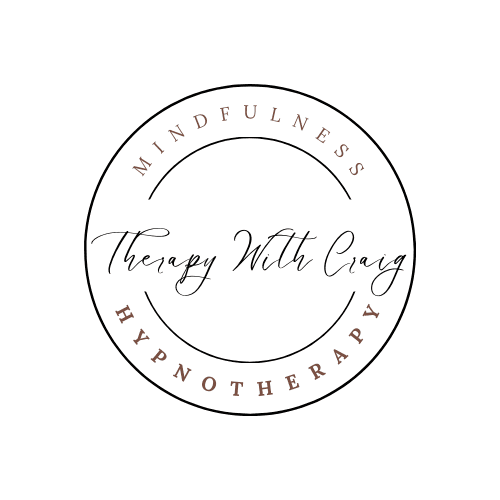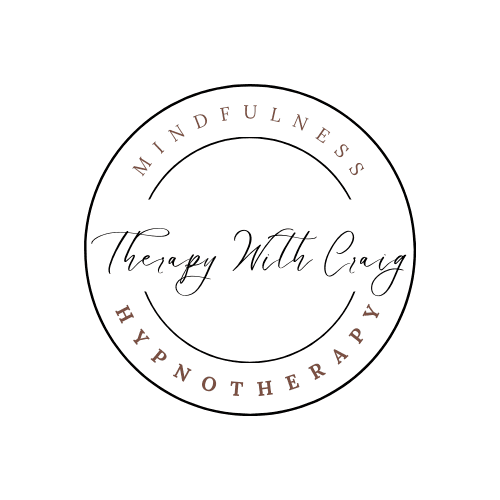
In this post discusses how reducing stress, improving sleep, practicing meditation, and incorporating movement into daily routines can improve overall health and well-being.
The article provides actionable tips and strategies to help individuals achieve these goals, such as establishing a consistent sleep schedule, practicing mindfulness meditation, and engaging in regular physical activity. By following these practices, individuals can improve their mental and physical health, reduce stress and anxiety, and enjoy a better quality of life.
Read more Below
Here are some of my thoughts on understanding Mindfulness for Stress reduction
Mindfulness is simply thinking about the thoughts and experience that we are having. Nothing more, and nothing less.
It is as simple as asking ourselves the following questions throughout the day, is the essence of mindfulness
1) what am I thinking?
2) what do I feel emotionally?
3) what do I feel physically?
This is so important because our thoughts change our emotions, our emotions are physiological changes within the body and we feel them physically.
Our body is constantly sending feedback to the subconscious brain too.
There’s the obvious stuff, like being hungry, needing the loo etc, but also much more subtle stuff that we may not realise as much, like how much energy we have in the tank and the level of stress we’re under at any given time.
I once read Harvard University defined stress as “anything that puts load on the brain” - which means that anytime your brain is doing any work at all, it’s using energy and therefore putting your entire system under a level of strain.
Our emotional responses, i.e. the physiological changes that occur within the body and mind as a result of our experience put stress on the body. When we are worried, anxious, panicked, angry, frustrated, confused, upset, or low - all of these emotions put strain on our entire system.
Of course, sometimes that level of stress is very light and not even noticeable. However, oftentimes there will be a lot of stress even when you’re not doing much.
Imagine being stuck in traffic and late for something important - you’re not doing much, but it’s very stressful.
For those of my friends that live with chronic pain symptoms, being in pain is stressful, not just physically; but psychologically and emotionally.
With any type of stress, it’s easy to say things like “well, I just need to get on with it”, “if I don’t do it, it won’t get done”, or “doesn’t matter how I feel about it” or things along those lines.
And yes, in lots of cases, it is necessary to do the thing that you have an aversion to doing; the thing that is causing the stress. One of the many joys of modern life!
However, I believe that it is important to bring down the level of stress we experience - it is very bad for our health as it is continually putting our mind and body's through additional work.
Being mindful, i.e. asking ourselves those three questions above and then subsequently being honest with ourselves about the actual emotional experience we are having and not just ploughing through, actually helps for that experience to pass. Counterintuitive, I know.
When we use mindfulness correctly, we can say to ourselves "right now, I am feeling pretty stressed" (or however we actually feel) reflect on that feeling, and think about why it has arisen. Stopping (or at least slowing down) to consider our psychological and physiological state or experience throughout the day, will improve our the quality and experience of life.
Ignoring it, or being dismissive of it, or saying "I'm ok" to ourselves or others - when we are not "ok", will ultimately cause us all problems. I always think of stress accumulating within the body, and that it needs to be released, expelled, or discharged.
In the next post, I will share my thoughts on the 3 best ways of reducing the impact of stress that I am aware of.
The three best ways of reducing the impact of stress that I know are:-
1) getting proper sleep
2) movement (exercise)
3) meditation / breathing exercises / effective relaxation
If you would like to learn more, on those topics, you can read more in the next post - which you can find by clicking here

